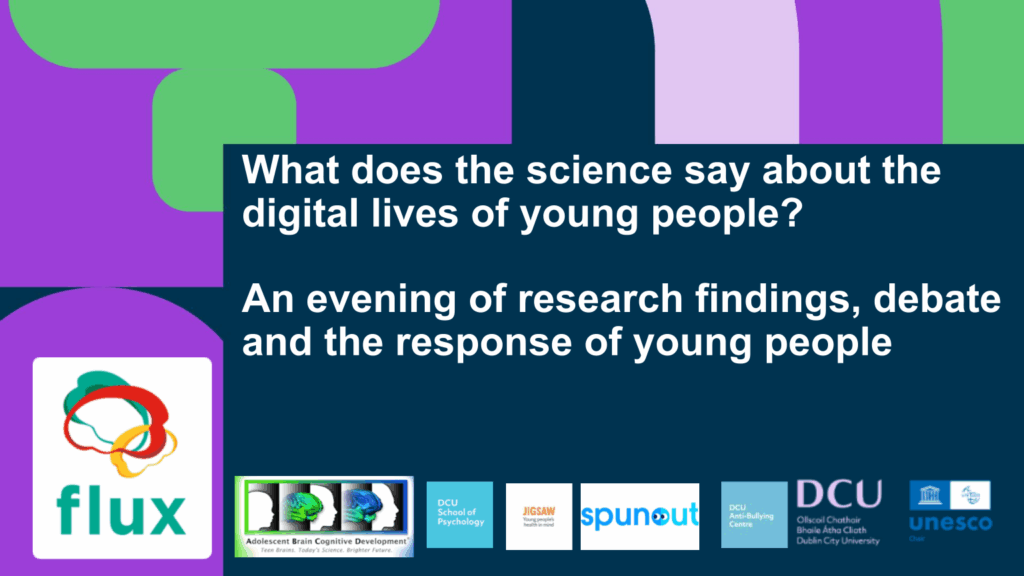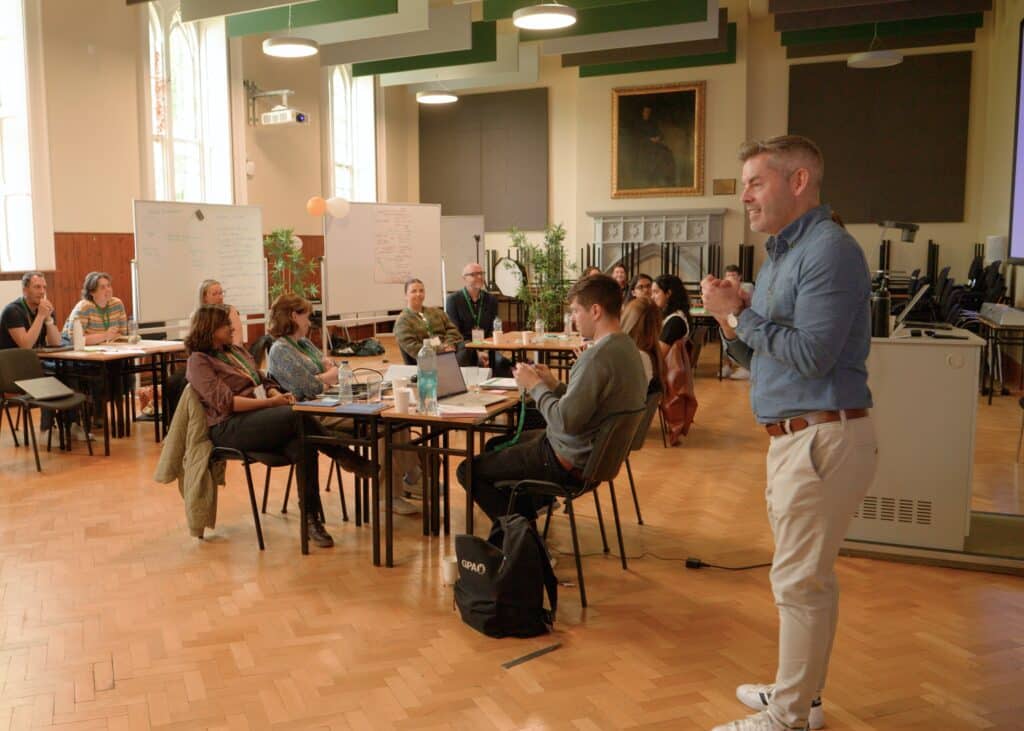New research on inclusion and bullying, led by ABC research fellow Dr. Debbie Ging identified that the majority of students were bullied about body image and weight.
The pilot study research identified that the majority of teenagers were reluctant to report incidents of bullying to school staff.

Teachers highlighted that a focus on body aesthetics – particularly in social media – was a factor behind students being subjected to hurtful names about their physical appearance.
The findings were from a pilot study entitled ‘Taking the Temperature’. Which is available to download at this link
The study included 418 second-level students between the ages of 12 and 17. The study conducted in three schools in the Dublin area – involving an all-girls Catholic school, an all-boys Catholic school and a co-educational community college.
Verbal bullying and threats were common with 32.8% of participants reporting that they had been called hurtful names or threatened at school.
It was considerably higher in the all-boys school (48.5%) than in the all-girls school (22.4%) or the mixed community college (23.8%)
Bullying was most frequently attributed to body type/size.
In relation to promoting an atmosphere of inclusivity for LGBT students, the research found only a small number of participants in the all-boys school (7.5%) felt their school was ‘very accepting’ of LGBT people – compared with the 19.1% in the all-girls school and 38.6% in the mixed school.
In the all-girls school, body type was the most frequently cited reason for having mean rumours or lies spread and for being excluded or ‘left out’.
Physical harassment was considerably more prevalent in the all-boys school, while students in the mixed community college expressed the highest levels of belonging (81.1%) and feeling safe (68.3% felt very safe).
Only 41.8% of students in the all-girls school and 20.7% of students in the all-boys school felt very safe.
Feedback from teachers and principals indicated that schools needed broader instruments to evaluate the diversity climate taking into account a range of issues such as gender, sexuality, ethnicity, class, body image and religion.
Dr Debbie Ging is from the DCU School of Communications and author of the study.
“Other indicators such as ethnicity and sexuality were still very significant factors in bullying behaviour, but the prevalence of body size-based bullying surprised us, in both the boys’ and the girls’ schools.”
“The schools were also surprised by a lot of what the surveys revealed, highlighting the need for ongoing self-assessment instruments to improve the equality and inclusion climate.”
Dr. Debbie Ging discussed the research on Newstalk FM.



